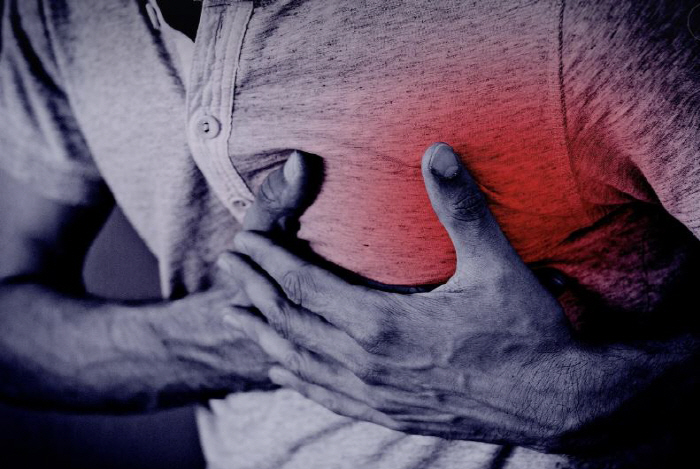My heart fluttered in the autumn wind?a surge in patients with myocardial infarction during the change of seasons
|
According to data from the Health Insurance Review and Assessment Service, the number of patients with myocardial infarction in Korea increased by about 17% in four years from 122,231 in 2020 to 143,310 in 2024. Myocardial infarction is a disease in which the blood supply to the heart muscle is almost or completely blocked due to stenosis of the coronary artery, resulting in necrosis of the heart muscle.
Kwon Seong-jin, head of the cardiology department at Suwon Nanuri Hospital, stressed that early response is more important than anything else because acute myocardial infarction can be life-threatening as treatment is delayed.
A typical early symptom of myocardial infarction is extreme chest pain that lasts for more than 10 minutes. It can be accompanied by a feeling of being pressed or tightened in the chest, shortness of breath, indigestion, epigastric pain, or discomfort of being strangled. If you feel pain in the early morning or early morning, especially after being hit by a cold wind, don't skip it lightly and be careful.
Manager Kwon Sung-jin advised, `It is better to pack an outerwear that can block cold air during the change of seasons because temperature changes directly affect blood vessels.' `It is important to get an accurate diagnosis through regular checkups such as electrocardiogram or echocardiography if you feel an unpleasant chest pain that is different from usual.'
Myocardial infarction comes without notice, but lifestyle management can sufficiently prevent it. Steady exercise, smoking cessation, low-salt diet, and restrictions on eating fatty foods are helpful for prevention. In particular, if you have a family history or chronic diseases such as high blood pressure, diabetes, and hyperlipidemia, it is most important not to neglect and receive early treatment if symptoms are suspected as risk factors.
|
This article was translated by Naver AI translator.





